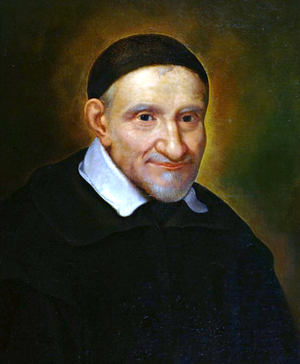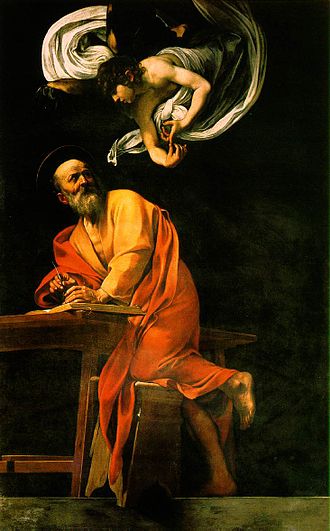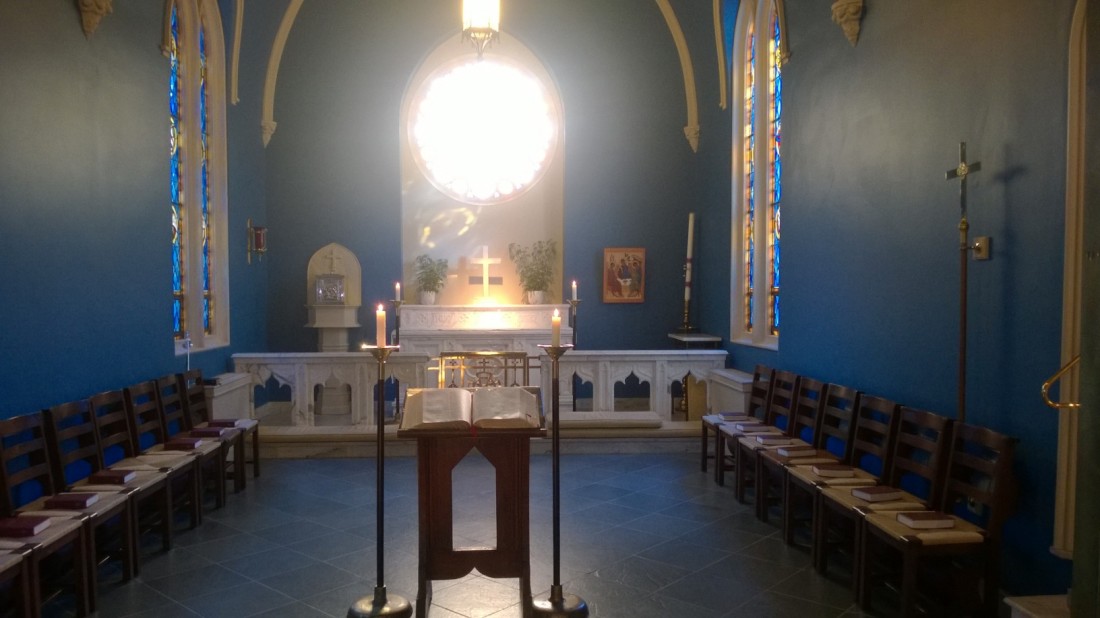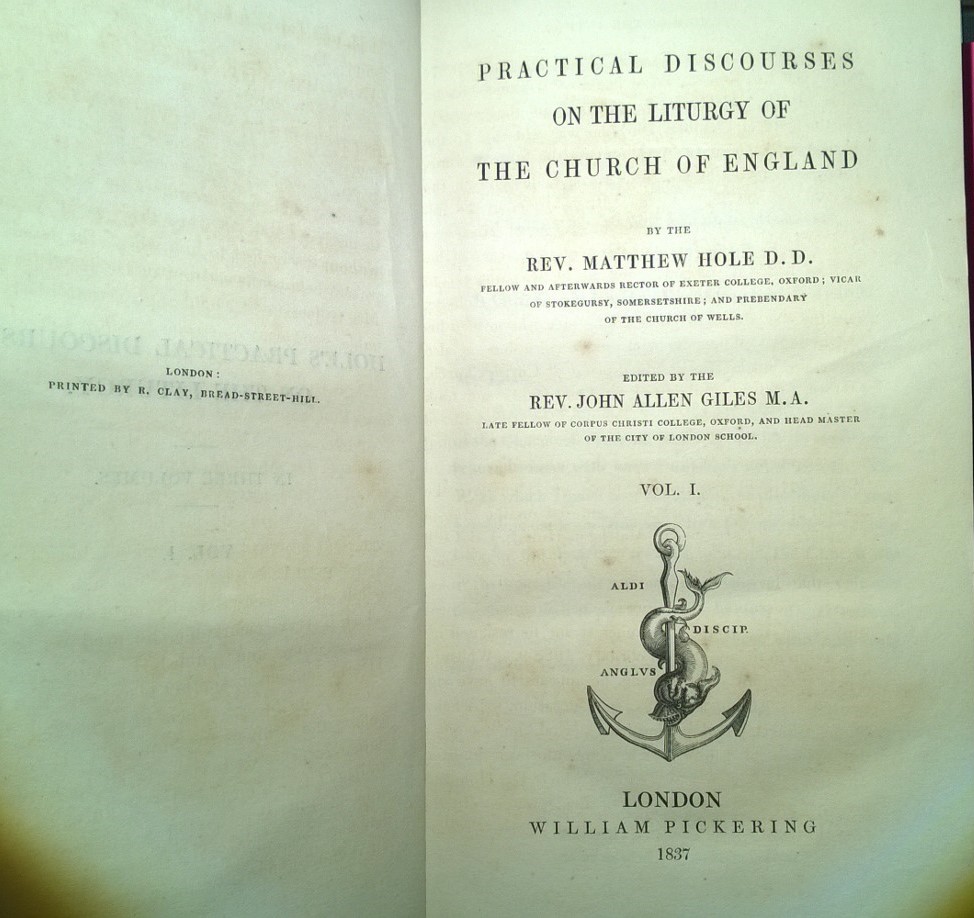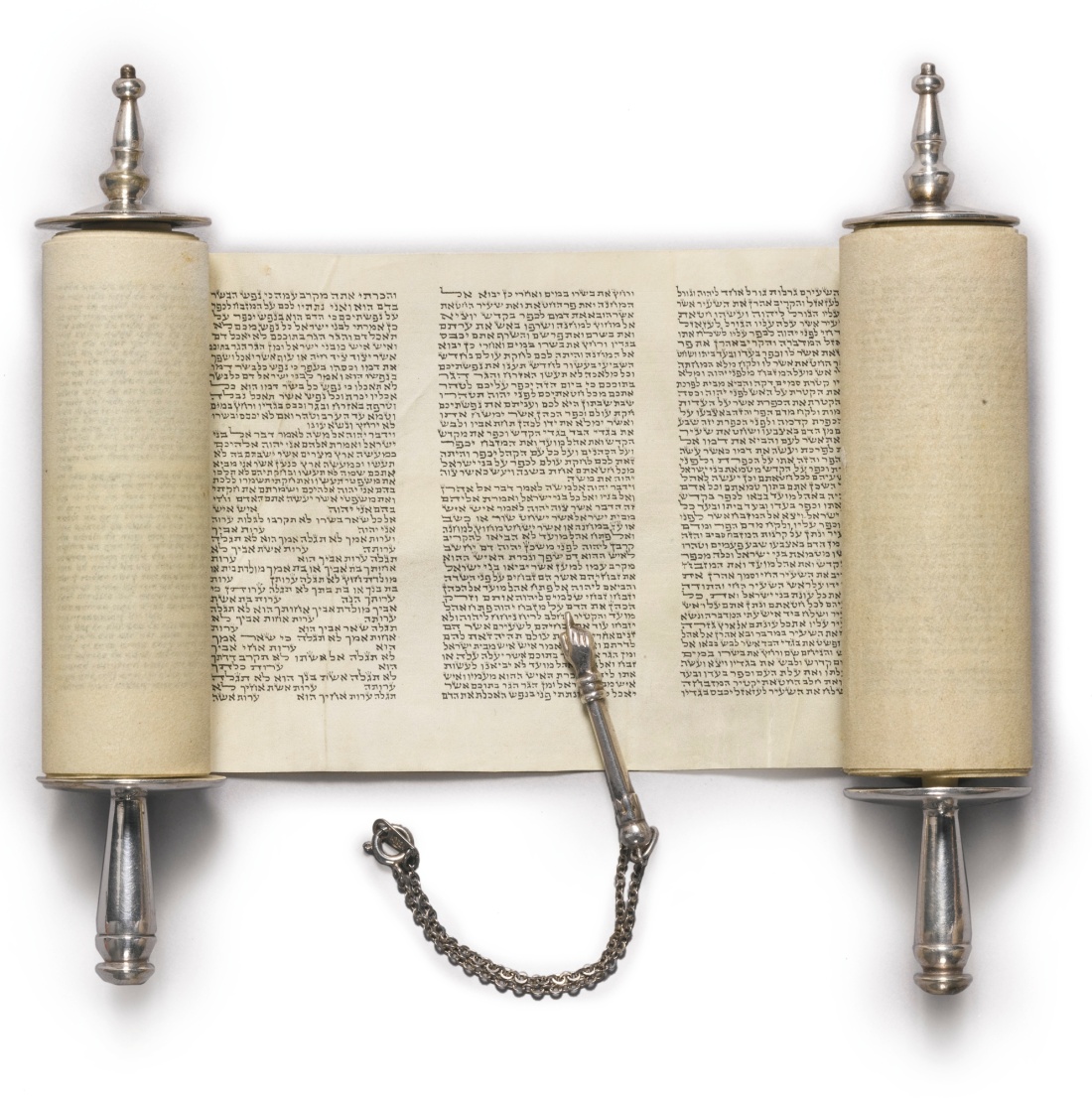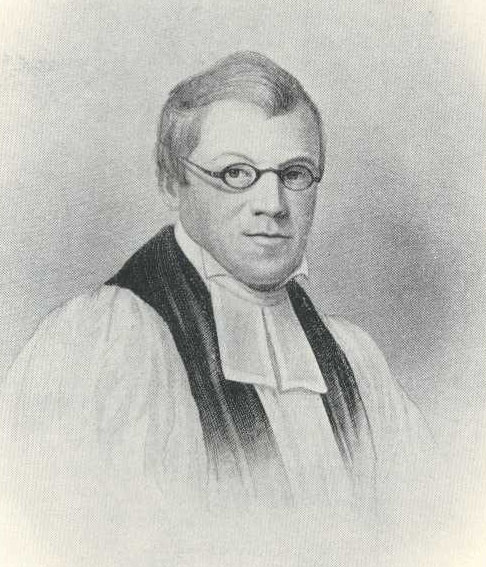
Revive thy Church, Lord God of hosts, whensoever it doth fall into complacency and sloth, by raising up devoted leaders, like thy servant John Henry Hobart whom we remember this day; and grant that their faith and vigor of mind awaken thy people to thy message and their mission; through Jesus Christ our Lord, who liveth and reigneth with thee and the Holy Spirit, one God, for ever and ever. Amen.
One article about Bishop Hobart describes him thusly: “As bishop, Hobart worked to build up his diocese, attempting to visit every parish annually. He was able, impetuous, frank, perfectly fearless in controversy, a speaker and preacher of much eloquence.”
As we commemorate the ability of Bishop Hobart to “revive” the Church in New York from sloth and complacency I can’t help but think about an incident which occurred recently in my own parish. That incident showed me how we are sometimes challenged by well-meaning individuals who fail to realize the long term consequences of negative impressions caused by remarks which reverberate in unintended ways. To me creating a negative atmosphere even if not by design leads us down the path of sloth and complacency.
On the morning of Friday, 9 September, the Feast of Saint Mary Constance and Her Companions, at around 7:30 a.m., I was making my way down the long hall from the parking lot to the Cathedral proper which we fondly refer to as the “Chisholm Trail”. I can certainly understand the moniker because the hall is so long that it does indeed seem like a trek across the western frontier. I was making this journey in order to officiate at the Morning Office in the chapel adjacent the sanctuary. As I neared the end of the Trail I was greeted by a very agitated and seemingly angry sexton who affixed himself between me and the entrance into the sacristy. He glared at me intensely and stated affirmatively that he did not want to unlock the doors of the Cathedral because “there was a homeless woman sitting on the steps outside and if we unlock the doors she is sure to come in.” For a second I was stunned. Here we had a man of African descent in South Carolina not wanting to let a needy person come into a Cathedral for “sanctuary” and willing to lock everyone else out to prevent her from doing so. Inspired by the work of a former canon, who fearlessly advocated for leaving our doors open so that any might come in and pray and seek comfort, my response was swift and firm. “Unlock the doors and if she comes in we will handle it”. He paused a second but he could tell from the intensity of my gaze I wasn’t backing down. Haltingly he asked one more time: “Are you sure? She is bound to come in.” “Yes”, I said, “I am sure; if she comes in we will handle it.”
Well the doors were unlocked and the woman, who from her appearance seemed absolutely crushed by the weight of her circumstances, did not come in. And, I am embarrassed to admit that I did not go out and invite her to come in personally. But at least the option of coming in was open to her as she was very aware of the sexton as he made a big show of unlocking each of the doors sort of like a last protest.
In reflecting on this incident the dots began to connect themselves and the sexton’s reaction is perfectly understandable. His seeming “prejudice” did not originate with him. He was simply reflecting the ill-timed and poorly articulated fears of some of our well meaning parishioners that the “homeless” were posing a threat to the parish. They were posing a threat because sometimes the Daily Office officiants failed to show up and the “homeless were coming in, sleeping on the pews, messing things up, and even praying and lighting candles without proper supervision. The expressed “concerns” had morphed in the mind of this sexton into a view of the “homeless” (whoever that might be) as a dangerous lot who were to be barred at all costs. There is no better example of outright bigotry than this. Condemnation by appearance and association regardless of merit is bigotry anyway you cut it.
Viewing these events through the lens of commemorating Bishop Hobart two things bother me. First, anytime a person is demeaned because they are “homeless” we are in effect literally pushing them into the enemy’s camp. If we will not open the door and let them in Uncle Screwtape sure will and I think he counsels young Wormwood on how to plant the seeds of bigotry in the guise of a genuine concern for preserving church properties and proper decorum. Second, not only do we literally throw away the souls of those whom we bar but we threaten the souls of those already within such as our sexton who feels he is only doing his duty to God and his church, not to mention the one who pays him his living, to enforce the notion that these “condemned ones” must be shunned at all costs. And, such a poison will not remain contained and before you know it we all belong to Screwtape lock stock and barrel.
One of our priests pronounces the blessing after each Eucharist he celebrates and inserts the words “and go and love those whom you are called to love” One day after mass I asked him what he meant by that and he carefully explained that those whom you are called to love are people you really don’t like very much or would really feel uncomfortable around, like the “homeless”. He went on to explain that there is nothing more dehumanizing that lumping someone into a category such as “homeless”, “gay”, “black”, “Latino” and not seeing them as an individual who is just as deserving of God’s love as anyone.
Lesser, Feasts and Fasts says this of Bishop Hobart:
Within his first four years as bishop, Hobart doubled the number of his clergy and quadrupled the number of missionaries. Before his death, he had planted a church in almost every major town of New York State and had opened a missionary work among the Oneida Indians.
Most likely Bishop Hobart did not accomplish these feats by locking folks, no matter what their economic circumstances, out of churches.
But as a trained and practicing lawyer I know that there is always another side to every issue and this one is no exception. The folks in my parish who are concerned about letting the homeless come in to the Cathedral unsupervised are coming from a place of a genuine concern to preserve the apostolic heritage our cathedral represents. And, there is nothing wrong with taking steps to make sure that church properties remain un-defiled and safe from hazards such as fire from lit candles left unattended. So as the chief “suffering servant” of the Daily Office I am trying to find ways to assure the safety of sacred things and at the same time not having the very souls in need of salvation barred from being able to seek refuge and sustenance within the presence of those sacred things.
Revive thy Church, Lord God of hosts, whensoever it doth fall into complacency and sloth, by raising up devoted leaders, like thy servant John Henry Hobart whom we remember this day; and grant that their faith and vigor of mind awaken thy people to thy message and their mission; through Jesus Christ our Lord, who liveth and reigneth with thee and the Holy Spirit, one God, for ever and ever. Amen.
